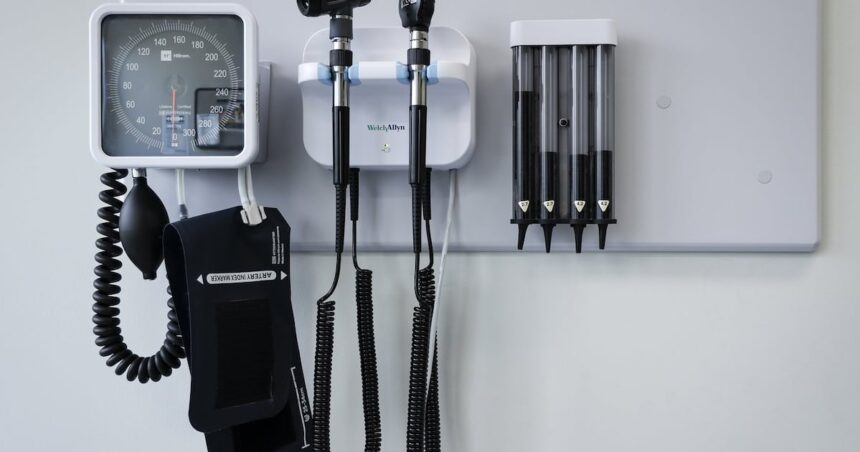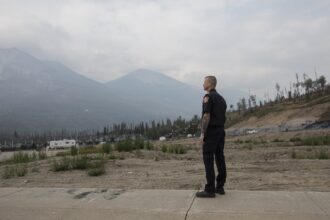The Alberta Medical Association has voiced strong opposition to Premier Danielle Smith’s recent announcement that will significantly restrict access to free COVID-19 vaccines across the province. Starting September 1, only vulnerable populations will remain eligible for government-funded shots, marking a substantial shift in Alberta’s pandemic response strategy.
“This decision creates unnecessary barriers to preventative healthcare that has proven effective in reducing hospitalizations and severe outcomes,” said Dr. Paul Boucher, president of the Alberta Medical Association, during a press conference in Calgary yesterday. “We’re concerned this policy change was made without proper consultation with the medical community.”
Under the new guidelines, free COVID-19 vaccines will be limited to seniors over 65, immunocompromised individuals, pregnant women, and those with specific underlying conditions. All other Albertans will need to pay approximately $75 per dose at pharmacies or private clinics, according to the Health Ministry’s announcement.
Premier Smith defended the policy shift as part of her government’s broader effort to “normalize” COVID-19 management. “We’re transitioning to treat this virus similarly to seasonal influenza, where vaccines are targeted at those most at risk,” Smith stated at the provincial legislature. “This approach aligns with our commitment to fiscal responsibility while maintaining protection for vulnerable Albertans.”
However, public health experts have expressed alarm about potential consequences. Dr. Deena Hinshaw, former chief medical officer of health for Alberta, warned that reduced vaccination rates could lead to increased transmission and healthcare system strain during future waves.
“The evidence consistently shows that broader vaccination coverage helps protect the entire community, including those most vulnerable,” Hinshaw explained in a written statement obtained by CO24 News.
The policy change comes as Alberta’s COVID-19 hospitalization rates have remained relatively stable, with approximately 185 COVID patients currently receiving care across the province. However, infectious disease specialists caution that waning immunity and viral evolution could change this picture quickly.
Financial analysts suggest the move could save Alberta between $25-30 million annually, though critics argue these savings may be offset by increased healthcare costs if cases surge. “Short-term budget decisions often lead to long-term healthcare expenditures,” noted Dr. Lynora Saxinger, infectious disease specialist at the University of Alberta Hospital.
Patient advocacy groups have also raised concerns about equitable access. “This creates a two-tier system where preventative care becomes a financial decision rather than a health one,” said Maria Gonzalez of the Alberta Patient Coalition. “Many working families will simply forgo vaccination due to cost barriers.”
Neighboring provinces have yet to announce similar measures, with British Columbia and Saskatchewan both confirming their commitment to universal COVID-19 vaccine access for the foreseeable future. This policy divergence creates a patchwork of pandemic approaches across Western Canada that may complicate regional health planning and public messaging.
As fall approaches—traditionally a season of increased respiratory illness—the question remains: will Alberta’s attempt to normalize COVID-19 through restricted vaccine access prove to be prudent fiscal management or a costly experiment with public health consequences?










